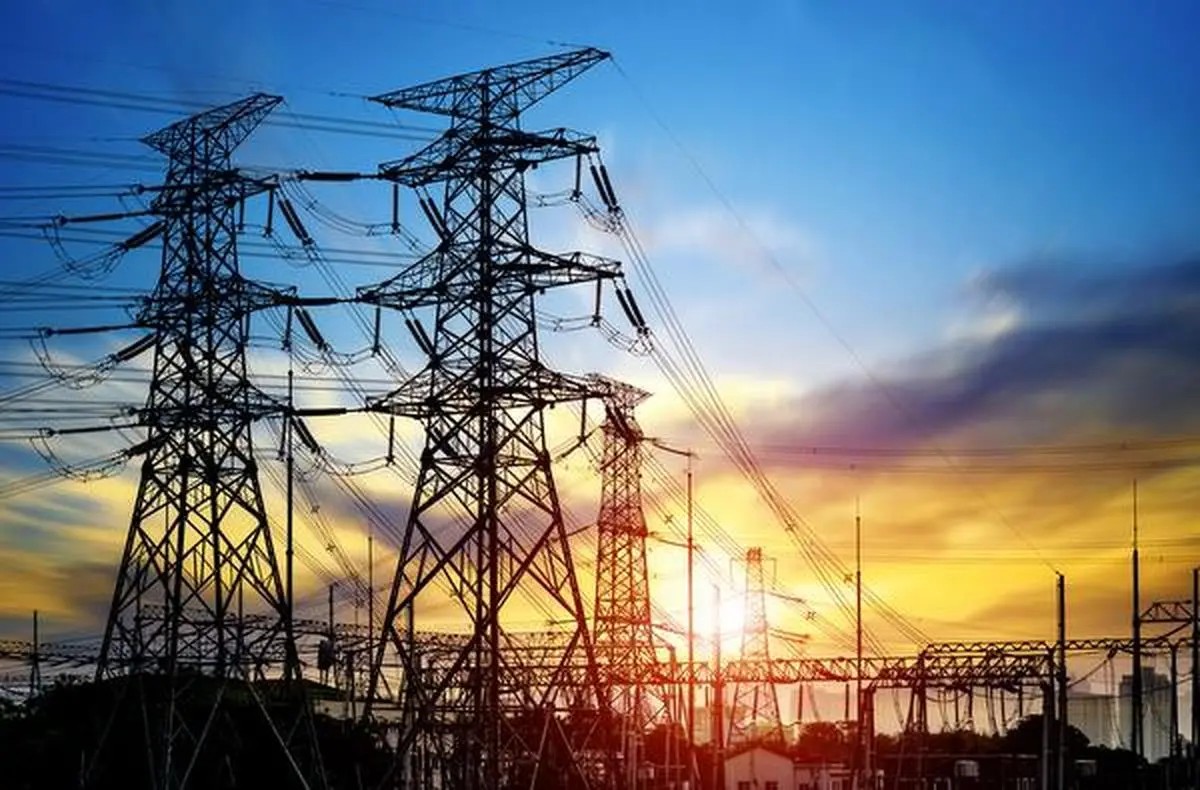The Electricity (Amendment) Bill 2025 introduces sweeping reforms to modernise India’s power sector. It promotes competition, cost-reflective tariffs, regulatory strength, and innovation in energy storage. The Bill protects subsidies for vulnerable consumers while making industrial power affordable and reliable, setting a foundation for a future-ready electricity ecosystem.
India’s electricity landscape stands at a pivotal crossroads with the new Electricity (Amendment) Bill 2025, announced recently by the government. The Bill aims to modernise a power sector critical to India’s growing economy, enhancing reliability, affordability, and sustainability through structural reforms and regulatory framework improvements.
The Bill’s core thrust is to dismantle outdated monopoly models in electricity distribution, encouraging fair competition among both public and private utilities. This competitive environment is designed to elevate service quality while optimising infrastructure use, reducing duplication, and lowering costs.
Key highlights of the reform include:
- Tariff Rationalisation and Consumer Protection
The Bill introduces cost-reflective tariffs, vital for financial sustainability, but continues to safeguard subsidies for vulnerable groups such as farmers and low-income households via transparent budgeted subsidies.
- Cross-Subsidy Elimination for Industry
It targets the elimination of cross-subsidies for manufacturing units, railways, and metro railways within five years, facilitating more affordable and competitive power supply for industries critical to India’s economic growth.
- Strengthened Regulatory Oversight
State Electricity Regulatory Commissions are empowered with enhanced authority to regulate wheeling charges, enforce standards, penalise non-compliance, and expedite tariff determination processes, ensuring accountability and transparency.
- Innovation and Infrastructure Efficiency
The Bill encourages shared use of distribution infrastructure among licensees, reducing redundancy, and incorporates provisions for emerging technologies like Energy Storage Systems (ESS) to stabilize the grid amid rising renewable integration.
- Institutional Reforms for Coordination
An Electricity Council will be constituted to foster Centre-State coordination on electricity policies, enabling consensus-building and streamlined governance across jurisdictions.
Together, these reforms promise to build an electricity system that is not only efficient and competitive but also inclusive and sustainable, ready to support India’s ambitious growth targets in the decades ahead.
As India crosses the 500 GW installed capacity milestone, these reforms are timely to address prevailing market inefficiencies, incorporate renewable innovations, and boost investor confidence. The Electricity (Amendment) Bill, 2025, marks a significant step toward a modern, resilient, and consumer-focused power sector.
Sources: Press Information Bureau (PIB), Sambad English, IndusLaw, AjmalIAS Academy, Moneycontrol.
